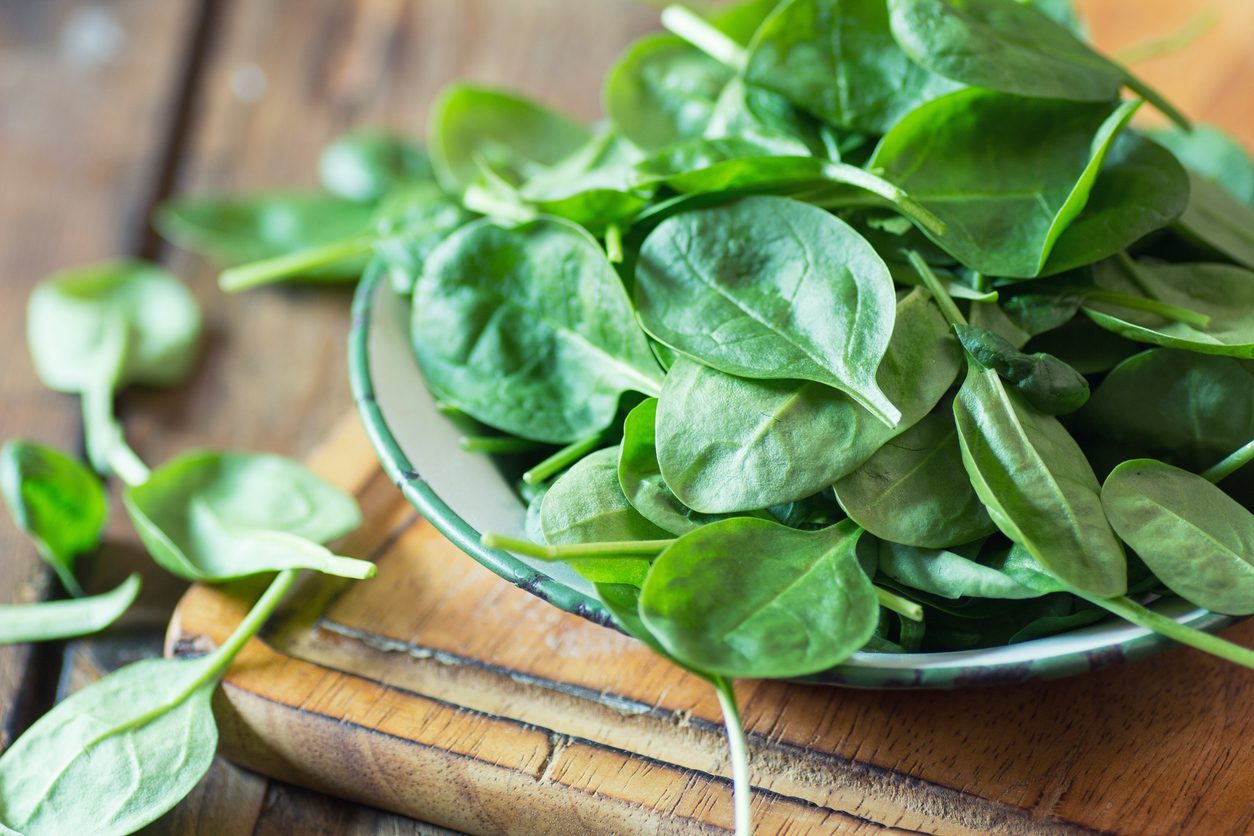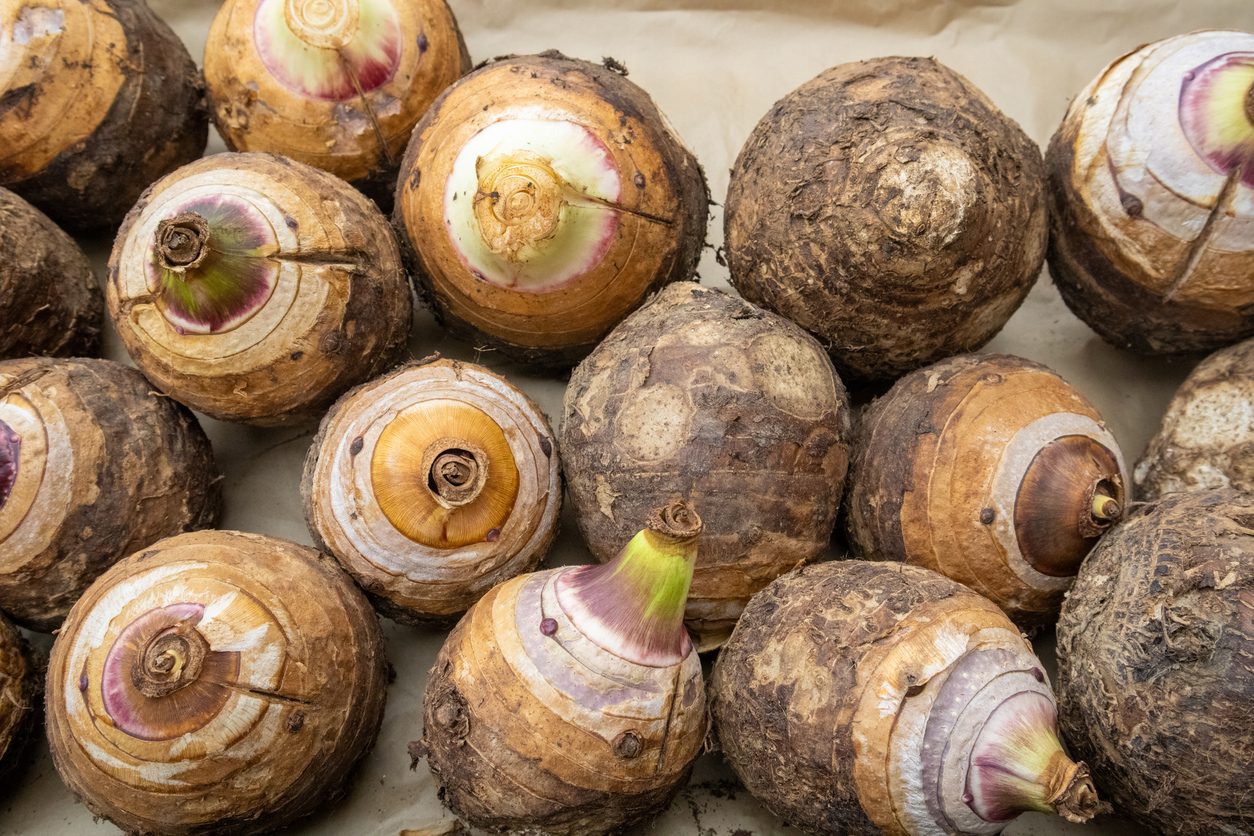What Are Spinach? Everything You Need to Know About Their Properties, Benefits and Contraindications
Long celebrated for its intense color and delicate flavor, spinach hides a real treasure trove of nutrients. Rich in vitamins, minerals and antioxidants, these green vegetables offer numerous benefits, from the heart to the eyesight, to the bones.
;Resize,width=742;)
Always considered a food rich in nutrients, spinach has earned a place of honor on our tables. But what makes these green leaves so special? Behind their humble appearance lies a real treasure trove of nutrients, which makes them precious allies for our health. From Popeye's table to our daily lives, spinach has long been celebrated for its high iron content, essential for fighting anemia. However, this dark green vegetable hides many other virtues: rich in vitamins, minerals and antioxidants, spinach offers a series of benefits for the body, from eyesight to bone health, including the immune system. Here are the benefits of spinach.
Spinach's Benefits
Spinach is rich in vitamins, especially vitamins A, C, K and B9, or folates: these are vitamins that play a fundamental role in maintaining vision, the immune system, blood clotting and the production of red blood cells. Spinach also contains an excellent level of mineral salts, especially iron, calcium, magnesium, potassium, which contribute to the formation of red blood cells, bone health, blood pressure regulation and good muscle function. Spinach also contains carotenoids such as lutein and zeaxanthin, which protect cells from damage by free radicals. Finally, they promote intestinal regularity and contribute to the feeling of satiety thanks to their high level of fiber. All this makes spinach useful for:
1. Anemia
Although not the most easily assimilated iron, spinach does contain a significant amount of it: this mineral is essential for the production of hemoglobin, a protein found in red blood cells that carries oxygen to all the cells in the body. When consumed with sources of vitamin C (such as citrus fruits, kiwi, tomatoes), they increase the absorption of iron. Vitamin C helps convert non-heme iron (the type found in vegetables) into a form that is more easily used by the body. Spinach also provides other nutrients important for the production of red blood cells, such as vitamin B12 and folic acid.
2. Eye Health
Lutein and zeaxanthin, powerful antioxidants found in spinach, protect the macula, the central part of the retina, slowing the progression of age-related macular degeneration. Vitamin A in spinach, or rather its precursor, beta-carotene, is essential for good night vision.

3. The Immune System
Vitamin C, a powerful antioxidant, strengthens the immune system, helping to make our immune system more effective. But that's not all: beta-carotene helps maintain the mucous membranes, our body's first barrier against pathogens. Spinach also contains numerous other antioxidants that fight free radicals, protecting cells from damage and strengthening the immune system.
4. Bone Health
Spinach contains two elements that are essential for the development and health of bones: calcium and vitamin K. The first is essential for the construction and maintenance of bone tissue, while vitamin K is essential for bone mineralization, or the process that allows calcium to bind to bones. Spinach also contains magnesium, phosphorus, and manganese, which are involved in numerous metabolic processes, including bone formation.
5. Cardiovascular Health
The fiber and minerals in spinach help reduce cholesterol and blood pressure, protecting the heart. Potassium, in particular, helps counteract the effects of sodium, helping to maintain healthy blood pressure. The fiber, antioxidants, and omega-3 fatty acids in spinach help reduce the risk of cardiovascular diseases such as atherosclerosis.
6. Regularity and Digestion
The soluble and insoluble fibers present in spinach promote bowel regularity and prevent constipation.

How to Cook Spinach to Preserve Nutrition
The best way to cook spinach to preserve its nutritional characteristics is to sauté or blanch it: this method helps to keep intact the nutrients, such as vitamins and minerals, and preserves the color and texture of the vegetable. Blanched foods maintain a more natural and intense flavor, since it is not necessary to add additional fats: it is also a simple cooking method, which does not require the addition of oil or butter, making the dishes lighter and healthier.
Contraindications
Like any food, spinach also has some contraindications. One of these is represented by oxalic acid, a substance that can reduce calcium absorption and promote the formation of kidney stones. For this reason, it is advisable to consume them in moderation and cook them, as cooking reduces the oxalic acid content. Spinach also contains goitrogens, substances that can interfere with thyroid function: however, for people who do not suffer from thyroid problems, spinach consumption is generally safe.
;Resize,width=767;)
;Resize,width=712;)
;Resize,width=712;)
;Resize,width=712;)
